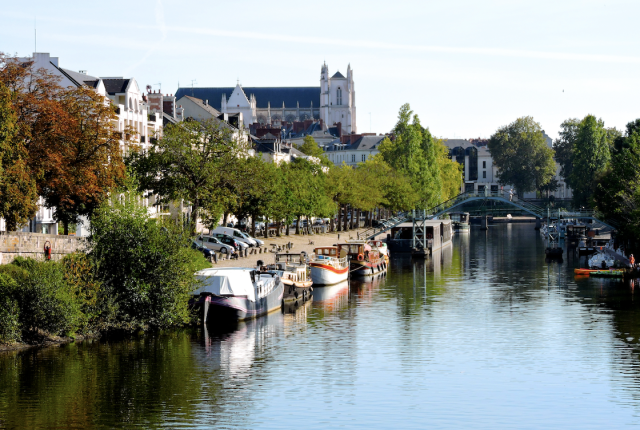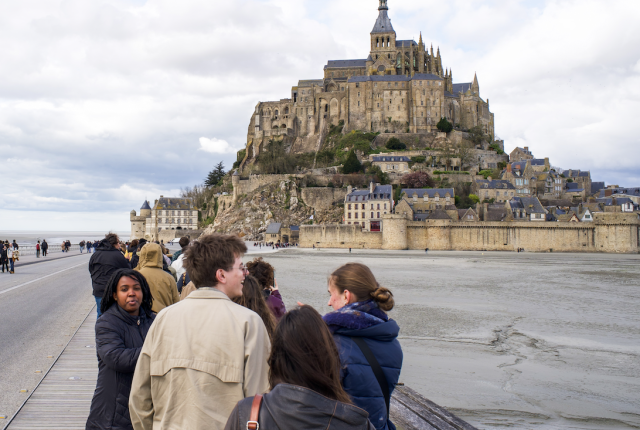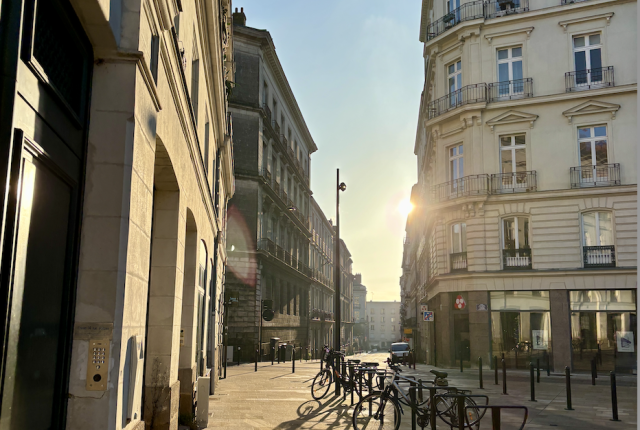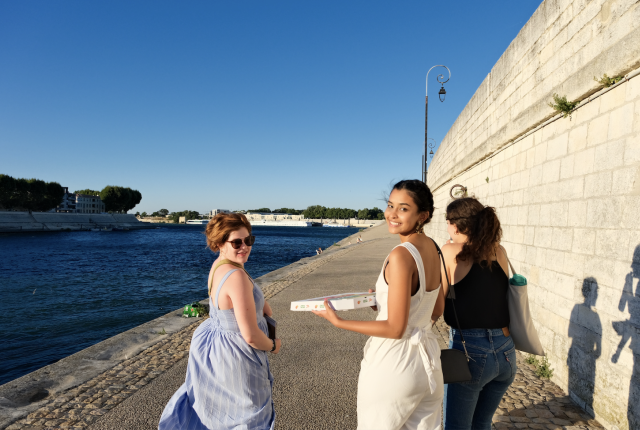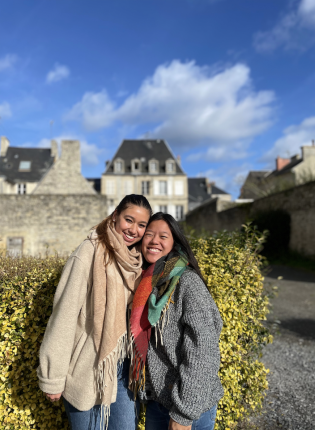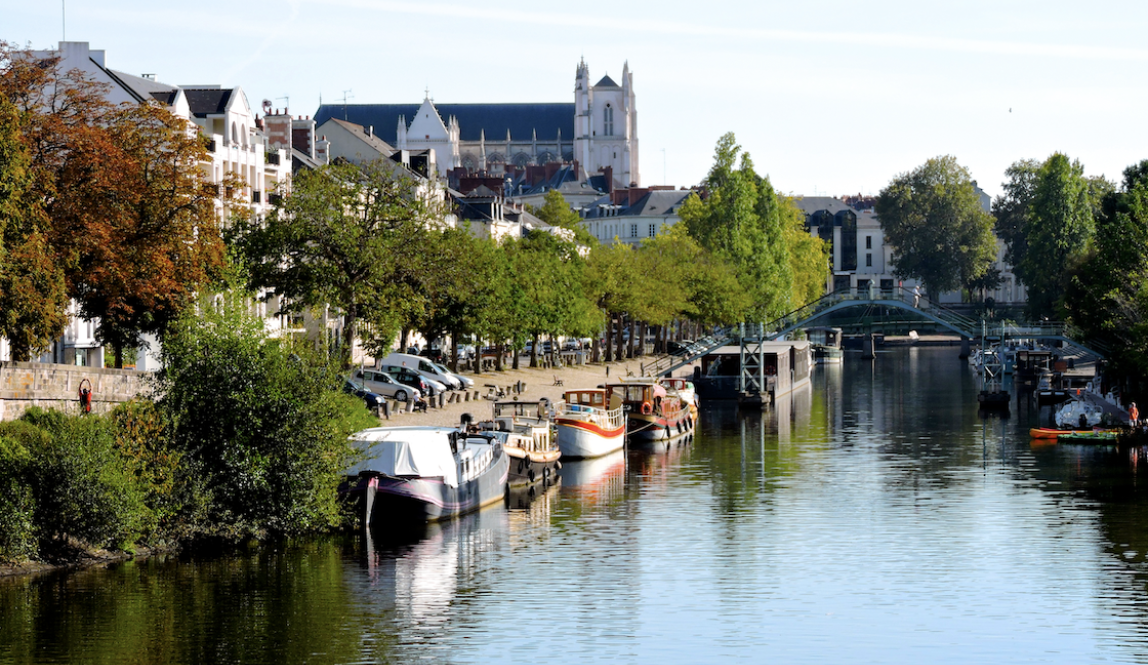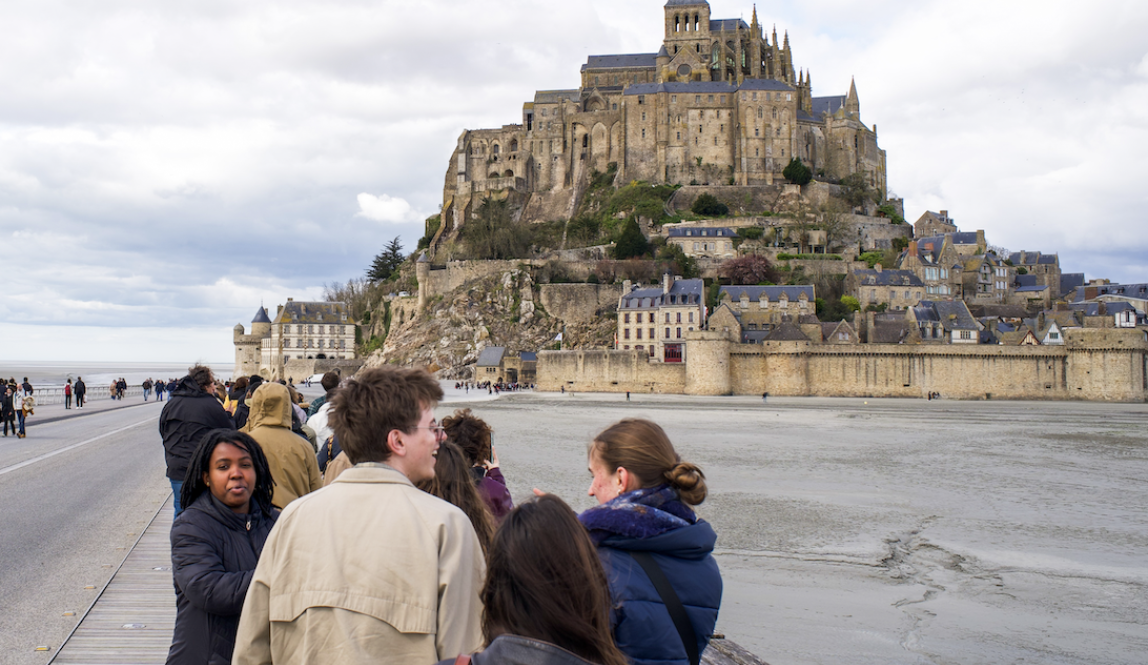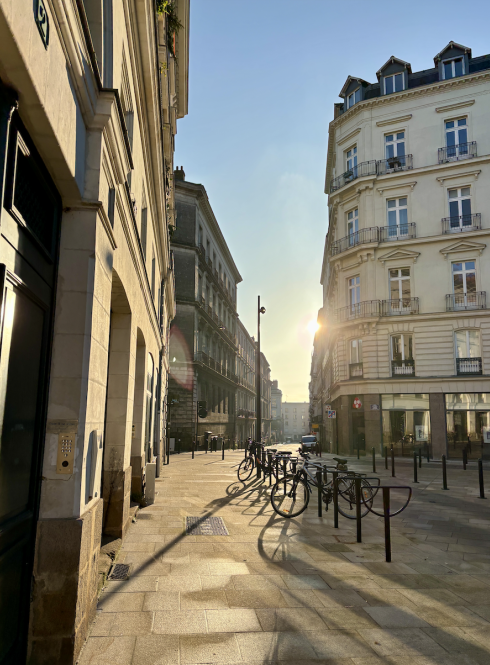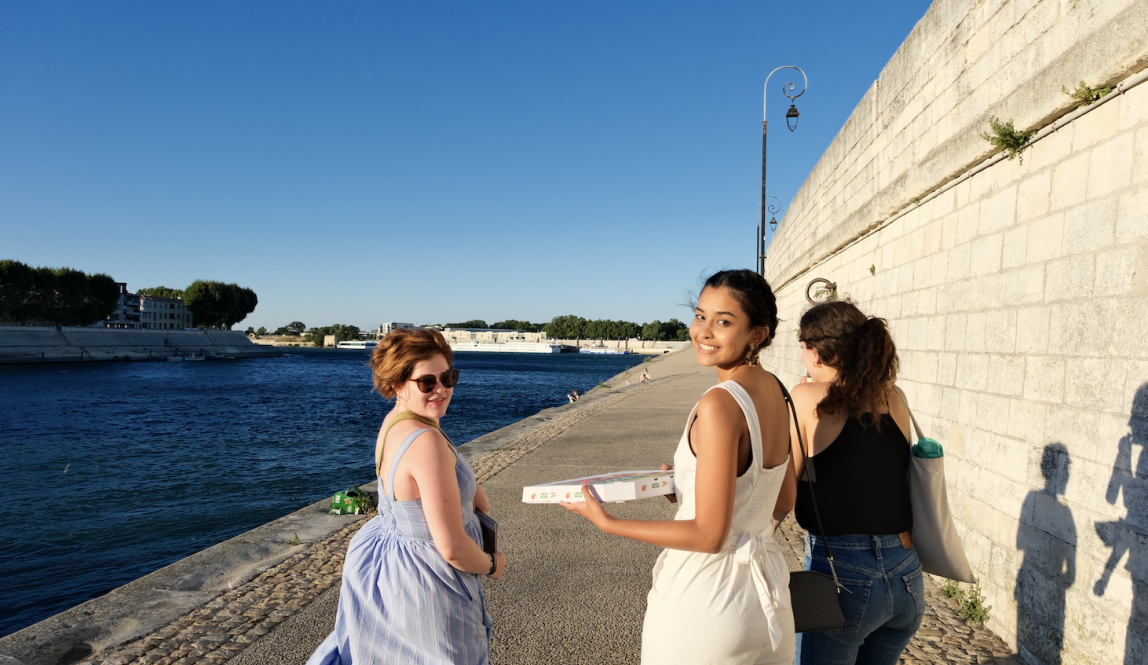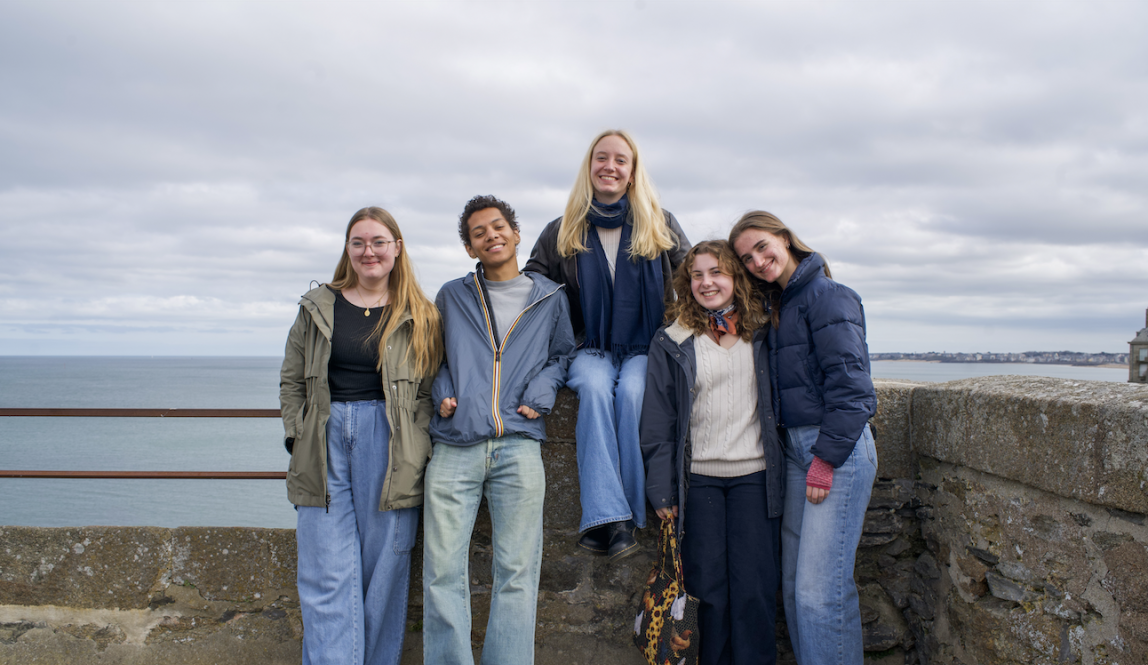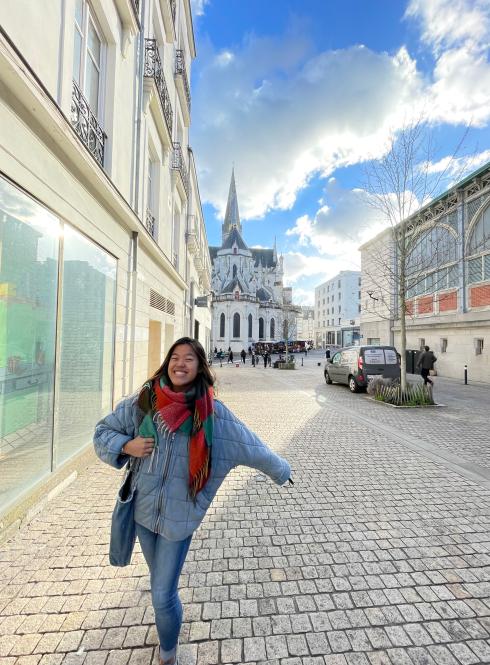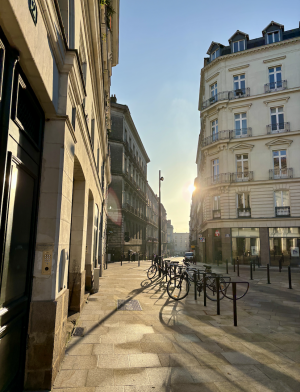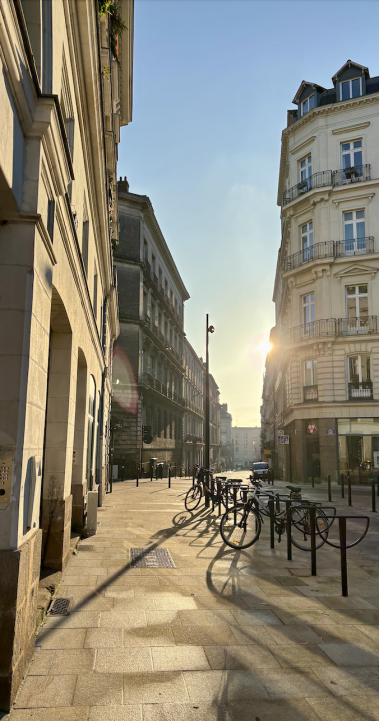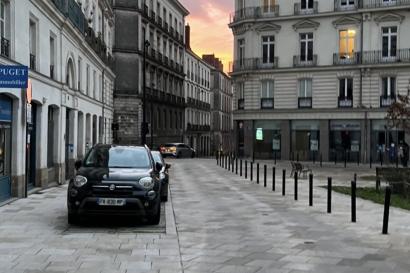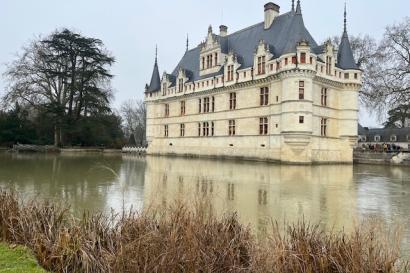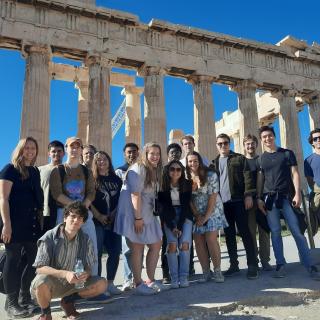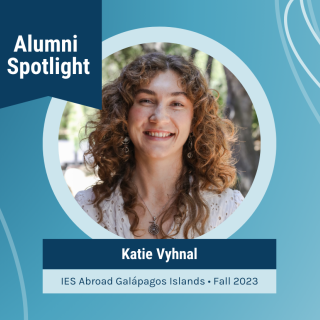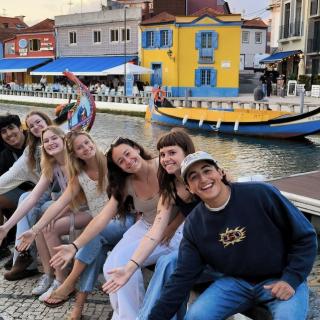What to Expect in Nantes
Located on the Loire River, Nantes—France’s sixth largest city—has all the amenities of a big city: world-class museums, breathtaking cathedrals, a great public transportation system, and even its own château. But the best thing about Nantes for study abroad? It’s small enough to feel like home.
Before long, you’re blending in with local residents and university students, and saying “bonjour” to the shop keepers you pass on your way to class every day. This livable, accessible, and exciting city was the official EU 2013 Green Capital. It’s something to celebrate when you study abroad in Nantes and can get around easily on the bus, tram, or by foot.
Immerse yourself in French language and culture in this city full of history and vibrant city life. You won’t want to leave. Dreaming of French food, culture, and city life?
